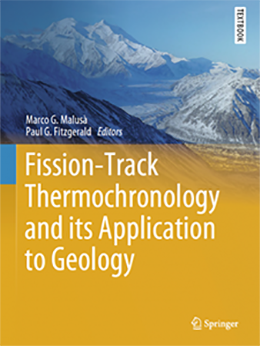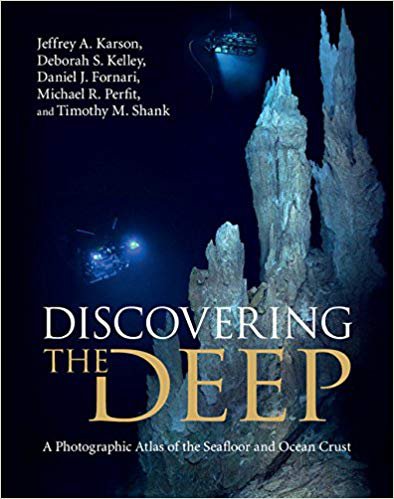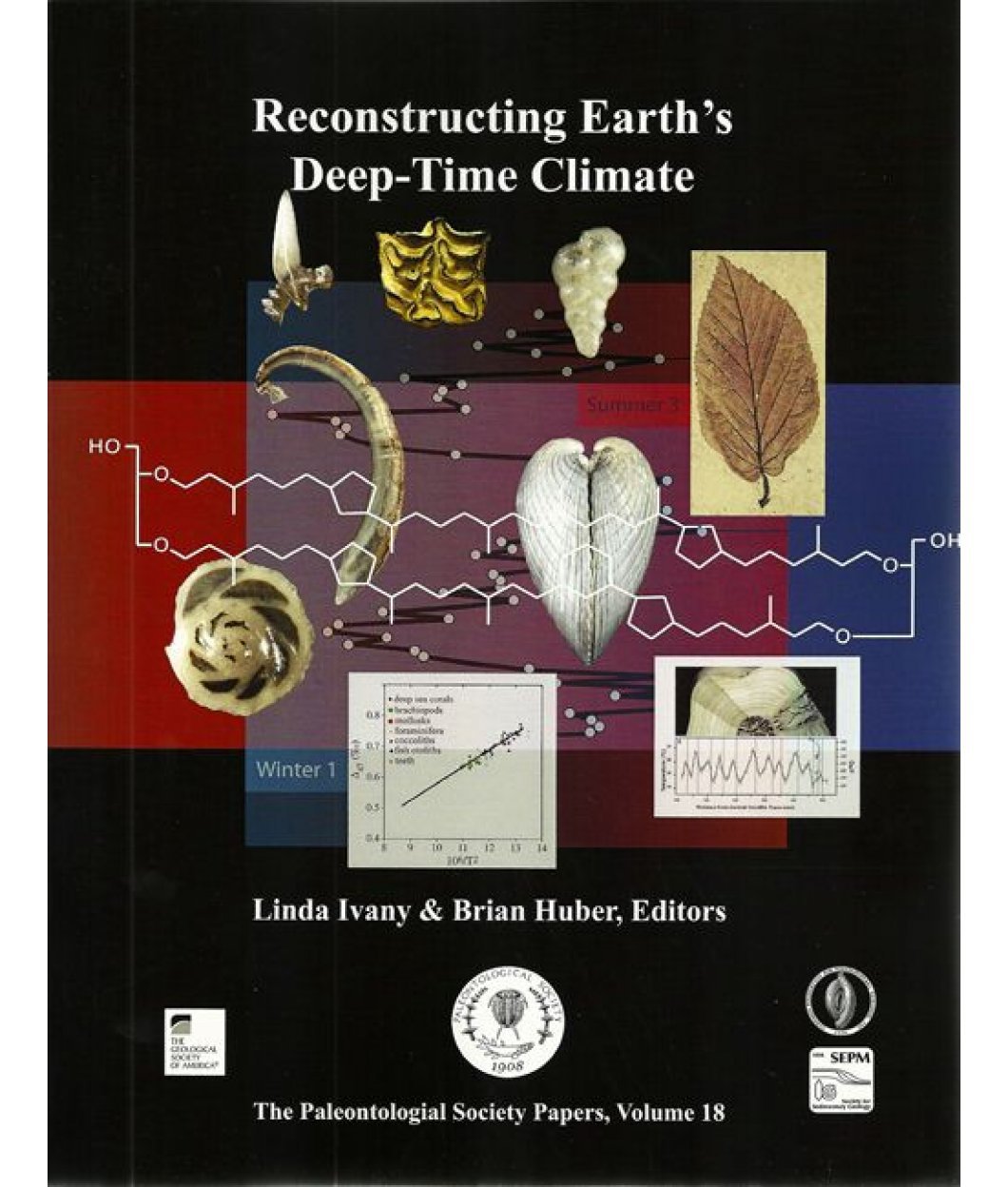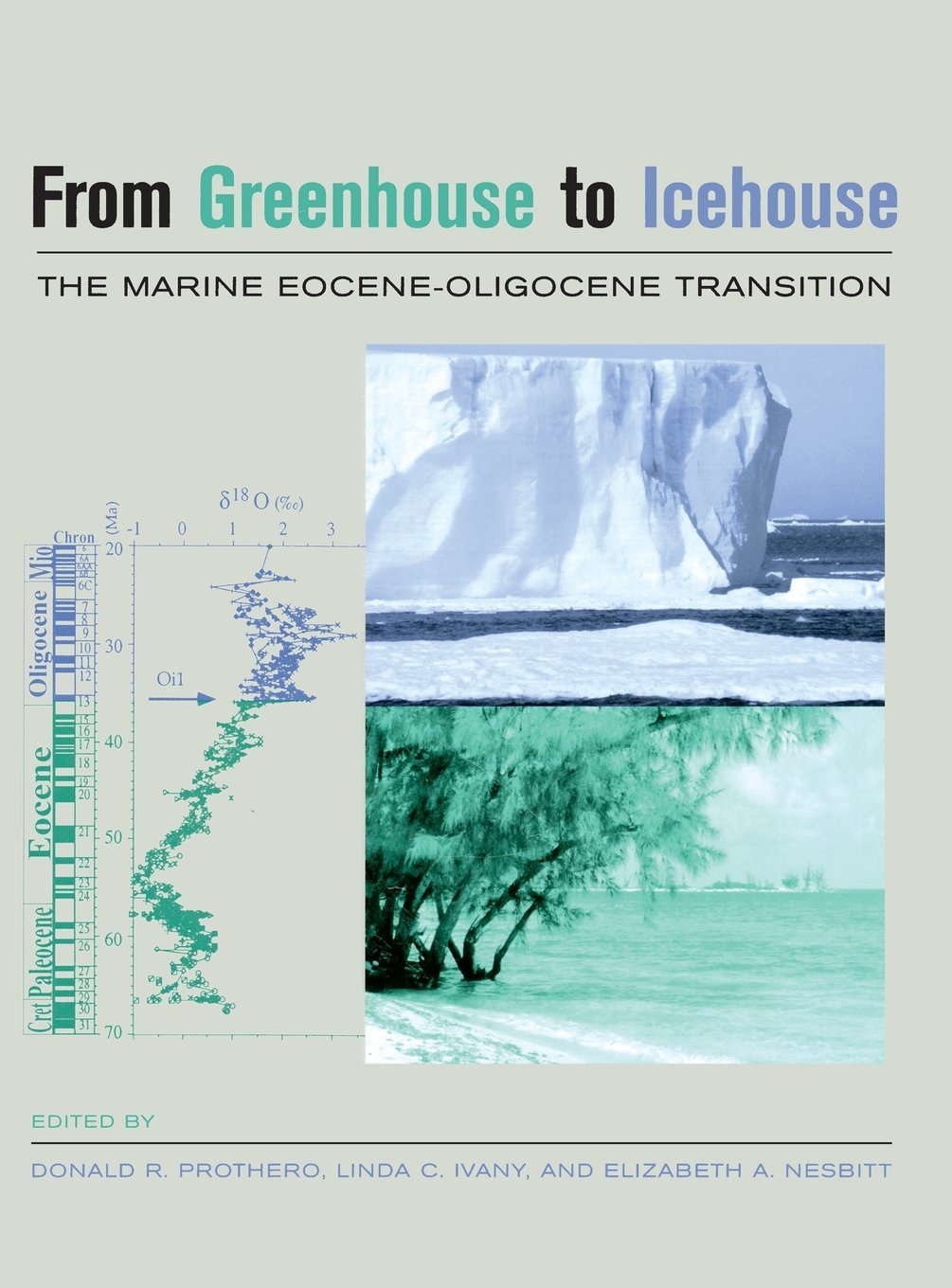Department of Earth & Environmental Sciences
Understanding Planet Earth and its interrelated processes is complex. How has it evolved? Why are there earthquakes, volcanoes, mountain chains, continents and oceans? What can we learn about climate variability? And most important, what can we do with this knowledge?
The study of Earth sciences combines experiential learning, interdisciplinary study and a culture of innovation and discovery.
Coursework will provide you the basis for:
- understanding natural hazards;
- assessing climate variability and global change;
- predicting the migration of man-made pollutants;
- exploring the energy and mineral resources upon which society depends and;
- the nature of our planet and insights into some of humanity’s deepest questions.
In addition to coursework, you can take advantage of extensive field and extracurricular opportunities and gain hands-on experience. Work with a faculty member on a research project, participate in an intensive field study or join the Geology Club.
Faculty have diverse interests in the nature of our planet and are heavily committed to research and education in these fields:
- solid earth sciences
- paleoclimatology
- water resources
Field-based research brings faculty and students to every continent on the planet to collect observational data. State-of-the art laboratory and computing facilities allow for sophisticated analytical and numerical study of Earth systems. You’ll be broadly trained in field work, geochemical and geophysical methods, quantitative analysis and professional skills.
As a scholar-scientist, you’ll be prepared and sought-after by employers. Graduates are well placed in academic, government and private sector positions. They are prepared for careers in:
- geology
- hydrology
- paleontology
- oceanography
- climate and environmental sciences.
Upcoming Events
Books by Earth and Environmental Sciences Faculty
Recent News

(Feb. 16, 2026)
From Studying Earth to Saving ItEarth and environmental sciences alumni are tackling climate change, sustainability and environmental policy across the globe.
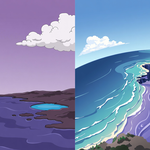
(Jan. 13, 2026)
When Tropical Oceans Were Oxygen OasesResearch reveals when and why ancient tropical seas transitioned from oxygen oases to marine dead zones, providing clues to the long-term evolution of oceanic environments.
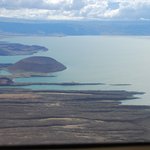
(Nov. 10, 2025)
Climate’s Impact on EarthquakesNew research from scientists at Syracuse University and the University of Auckland highlights the connections between climate, tectonics and human evolution.
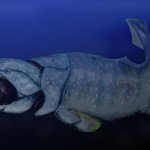
(Sept. 25, 2025)
How Forests Sparked Deep-Sea LifeAbout 390 million years ago, Earth’s deep oceans filled with oxygen, turning them into homes for diverse marine life. The first forests on land drove this transformation, releasing both oxygen and nutrients to the sea.
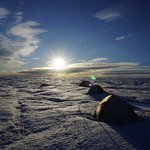
(Sept. 23, 2025)
Secrets Beneath Greenland’s IceWhat lies beneath the surface of the Greenland Ice Sheet may hold the key to understanding one of the most pressing climate challenges of our time: sea-level rise.

(Aug. 28, 2025)
Summer Research: Major ImpactStep into the labs where students spent their summer developing research-driven responses to global challenges, blending curiosity with impact.

